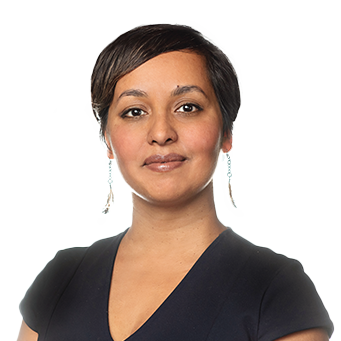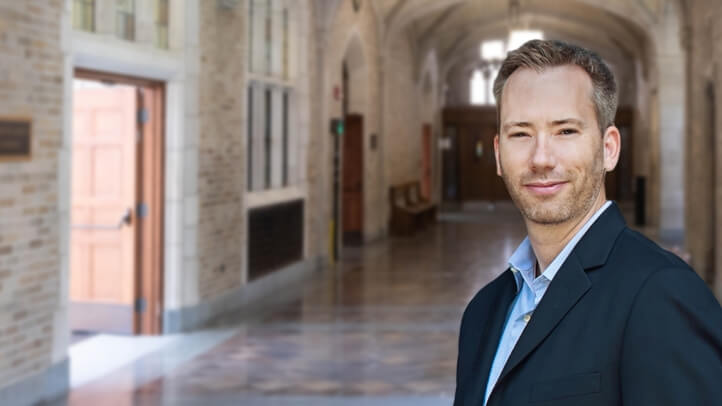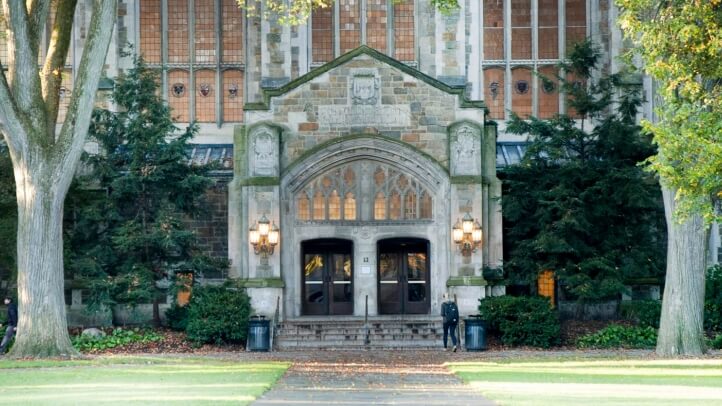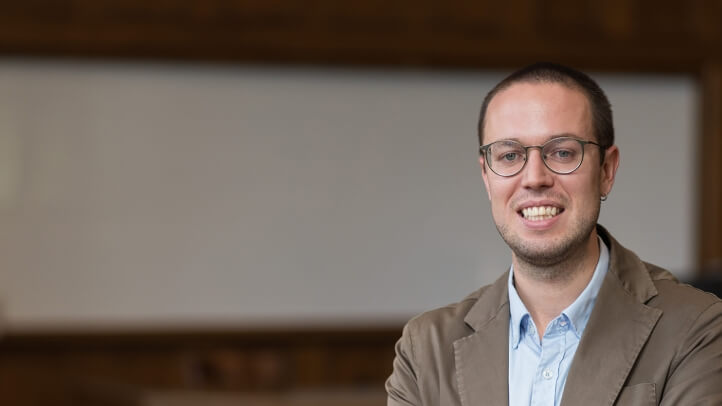Labor and employment law is the law that governs the workplace—from worker organizing and collective bargaining to individual employment contracts and arbitration agreements, from problems of discrimination to questions of employee benefits.
Labor and employment law will take you from challenging philosophical questions about consent, power, and participation to policy debates about the minimum wage, discrimination, and automation. Its impact touches on far-ranging legal problems that overlap with constitutional law, administrative law, statutory interpretation, torts, and contracts.
Work is everywhere, so expertise in labor and employment law is in high demand. As a labor and employment lawyer, you could work with major corporations, small businesses, nonprofits, labor unions, worker centers, individual employees, state and federal governments, and more.
Built on the work of renowned scholars like Theodore St. Antoine and legends of the bar like Judge Harry Edwards, Michigan Law offers a rich, diverse foundation in labor and employment law. That tradition continues today with groundbreaking Supreme Court victories in pregnancy discrimination cases to life-changing local unemployment insurance work in the era of COVID-19.
Whether you want to counsel the world’s biggest corporations on their labor and employment practices or advocate for economic justice and workers’ rights, you will find the academic rigor and practical experience you’ll need at Michigan Law.
From clinics in workers’ rights (for first-year students) and human trafficking to courses on employee benefits and sports law, your education will prepare you for a career wrestling with complex domestic and international issues
Faculty
Featured Scholarship
"Labor Law, Ownership, and the Firm"
Chicago-Kent Law Review
- Labor and Employment Law
"Subjective Beliefs about Contract Enforceability"
- Labor and Employment Law
Congress Could Soon Spell the End of Employment Arbitration - But It's Not All Good News for American Workers
- Labor and Employment Law
"On Firms"
- Corporate and Securities Law
- Labor and Employment Law













